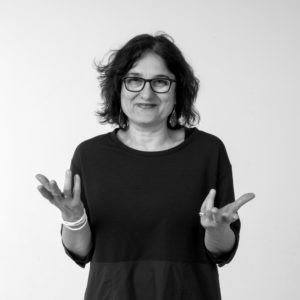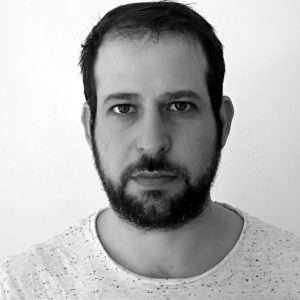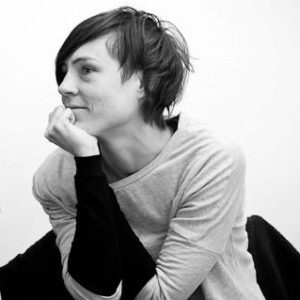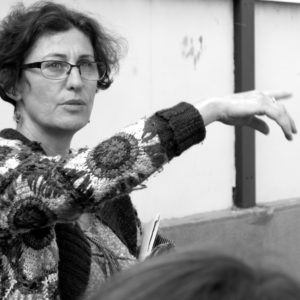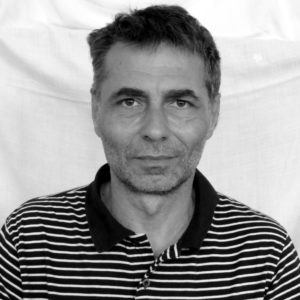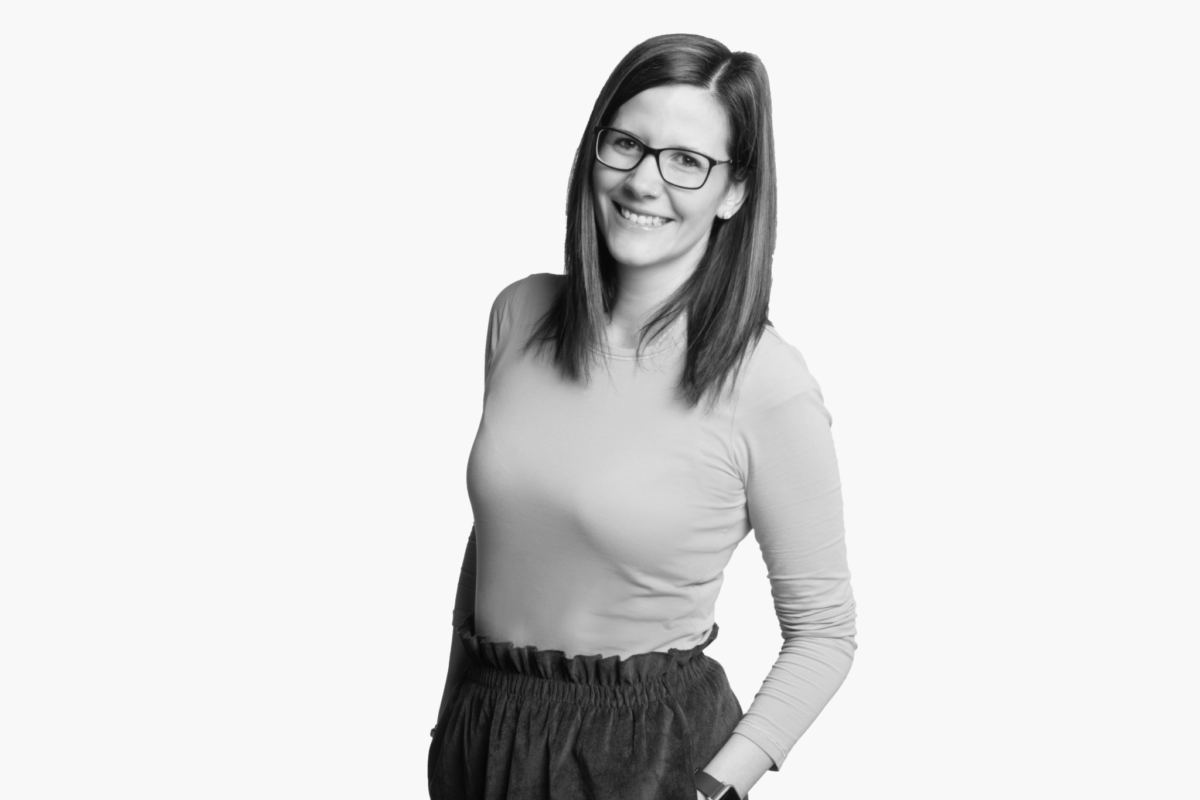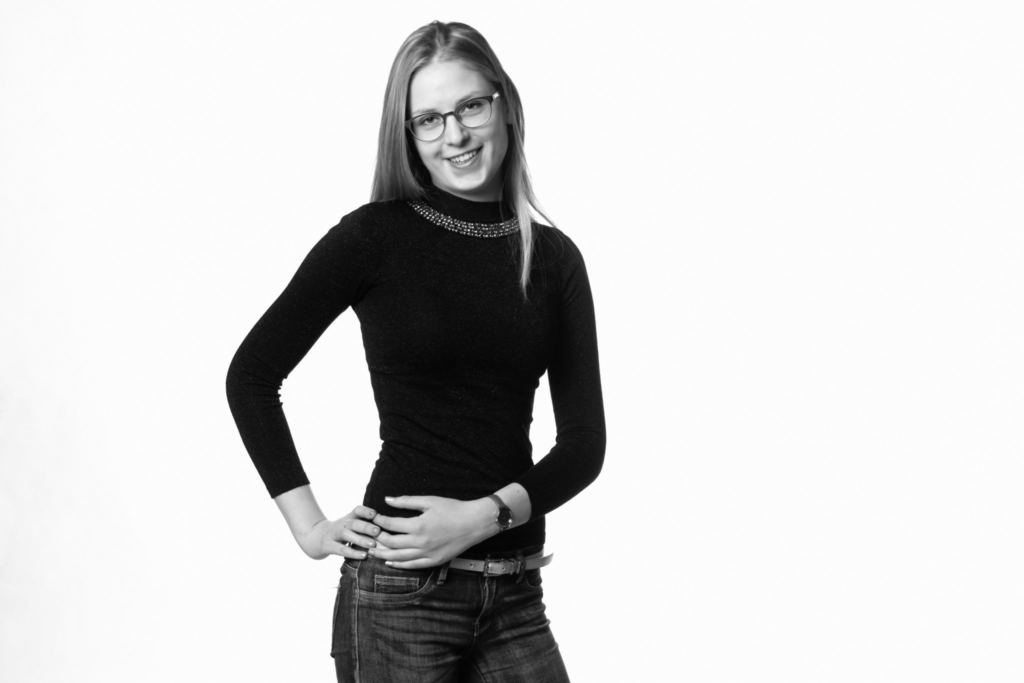DemoLab is an innovative art & education initiative launched in 2018. In the framework of the two-year project, creative and self-organised workshops (DemoLabs) were formed in 8 Hungarian secondary schools through the equal participation of students, teachers and artists. These labs serve as platforms for autonomous research, constructive debate and collective creation. Students work on a topic of their own choice while experiencing the power of democratic debate and the responsibility of self-organisation. During the semester, they realise smaller-scale projects, visit other workshops, participate in inspiring cultural events and collaborate with additional experts and artists. The process culminates in a weeklong summer camp with the intense creative collaboration of all participants. Here, student groups give form to the results of their research and experimentation, creating works with the risograph printer (magazines, posters) or videos, photographs, exhibitions etc. that they also present at 3 locations of their choice during the autumn.
The project’s mid-term goal to develop a network out of the 8 DemoLabs and thus lay the ground for a creative community has just been realised in the form of a ‘Student Press’. As one of the cornerstones of the project, the establishment of a small risograph-based publishing house run by the students themselves, allows participants to create their own publications. Based on the methodology of the Tanközlöny educational initiative (2015/2016), the project follows the pedagogical principles of French reformist pedagogue Célestin Freinet (1896‒1966).
The project is exclusively funded by the United Nations Democracy Fund (UNDEF) and implemented by the Foundation for Democratic Youth (DIA) in cooperation with the Tanközlöny group and the Independent Student Parliament of Hungary (FDP).
DemoLab is a two-year project with a focus on secondary school students, contemporary art, communal learning and the development of skills necessary for the 21st century. The program is realised by the DIA and exclusively funded by the UN Democracy Fund.
THE TEAM

